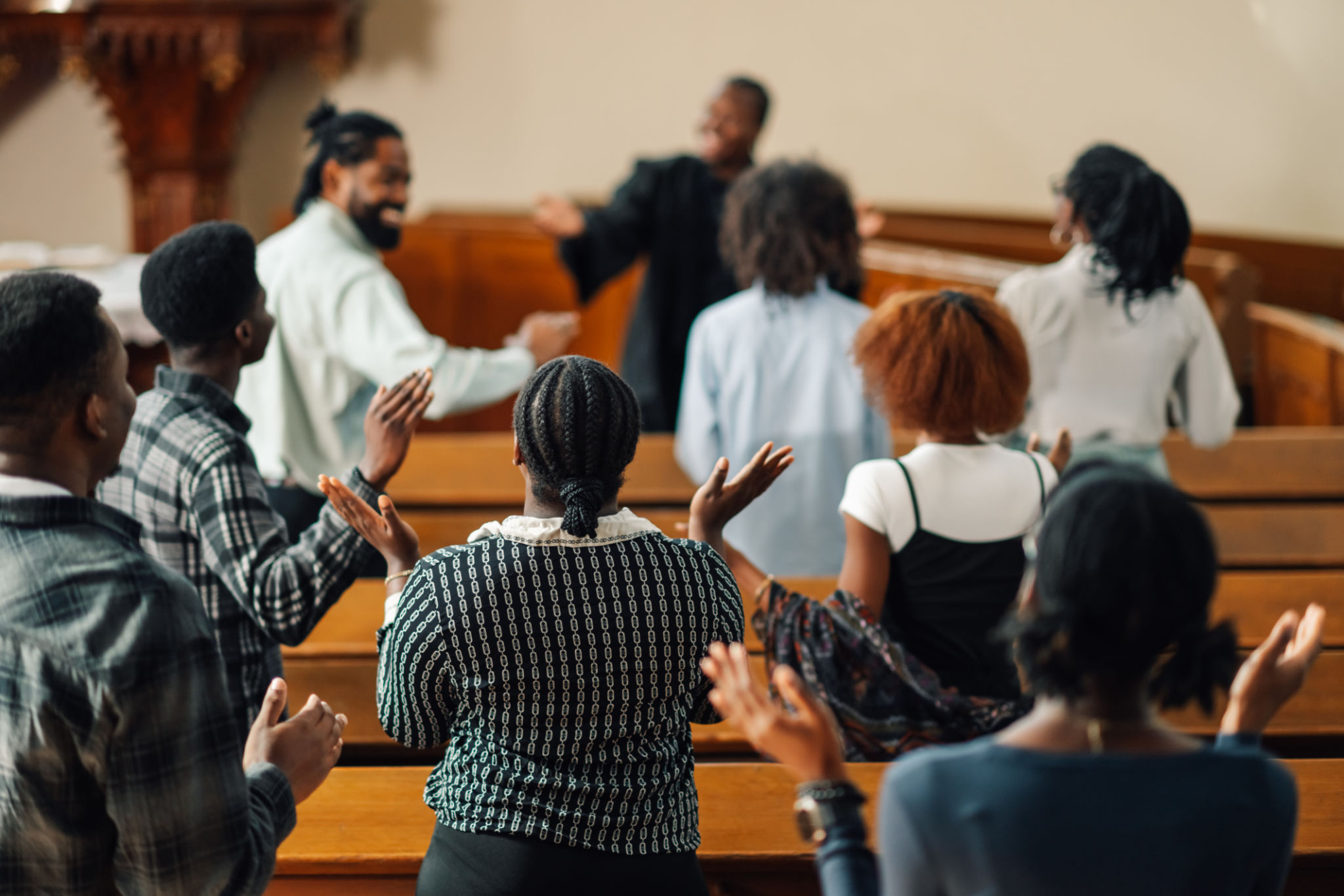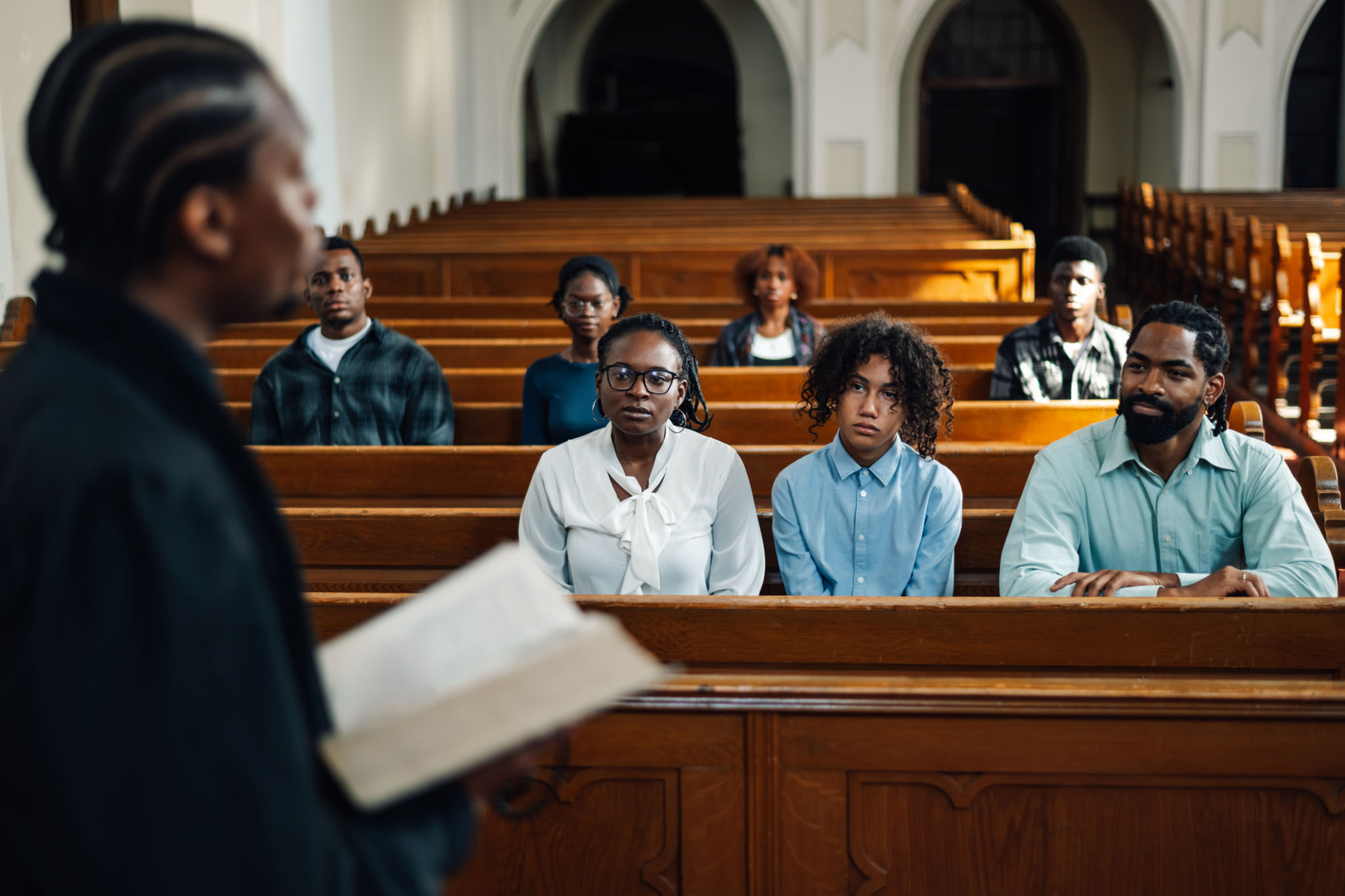Common Misconceptions About Church Attendance and Faith
Understanding Church Attendance
One of the most common misconceptions about church attendance is that it is solely about routine and obligation. While attending services regularly can indeed become a part of one's weekly schedule, its purpose is far deeper. Church attendance is meant to foster a sense of community, provide spiritual nourishment, and offer guidance in faith. Many believe that simply showing up fulfills a religious duty, but the true essence lies in the connection and growth experienced during worship.

Church Attendance Equals Strong Faith
Another misconception is the belief that frequent church attendance equates to strong faith. However, faith is a personal journey that varies greatly from one individual to another. Some people may attend church regularly yet struggle with their beliefs, while others might find strength and conviction outside of traditional services. It’s crucial to recognize that faith is not measured by attendance but by personal growth, understanding, and application of spiritual teachings in daily life.
Only the Devout Attend Church
There is often a stereotype that only deeply devout individuals attend church services. This misconception overlooks the fact that people attend church for various reasons. Some seek solace and peace, others search for answers or companionship, and many attend out of curiosity or a desire to explore faith further. Churches welcome individuals from all walks of life, regardless of where they are on their spiritual journey.

Faith Is Static
A significant misunderstanding about faith is that it is static and unchanging. In reality, faith is dynamic and can evolve over time. Life experiences, personal challenges, and new insights can all contribute to a deeper or different understanding of one's beliefs. Just as individuals grow and change, so can their faith, which is often nurtured through active participation in a faith community.
Church Is Only for Worship
While worship is a central aspect of church services, many people overlook the additional roles that churches play in communities. Churches often serve as hubs for social support, offering programs such as food banks, counseling services, and community events. They can be places of learning, where people gather for bible studies or discussions on contemporary issues through a faith-based lens.

The Role of Tradition
Traditions within churches are sometimes misunderstood as rigid practices that must be followed without question. However, traditions often serve as frameworks that guide worship and provide continuity across generations. They can be adapted to fit contemporary contexts while maintaining the core values and teachings. Understanding this flexibility can help individuals appreciate both the historical significance and the current relevance of these practices.
The Impact of Technology
In today’s digital age, technology has transformed how people engage with their faith communities. Online services and virtual gatherings make it possible for people to participate who might not otherwise be able to attend in person due to distance or health concerns. This shift has expanded what it means to "attend" church and challenged the notion that physical presence is necessary for spiritual engagement.
By addressing these common misconceptions, individuals can gain a more comprehensive understanding of what church attendance and faith truly entail. Recognizing the diversity in how people express and experience their spirituality can lead to a more inclusive and supportive faith community.